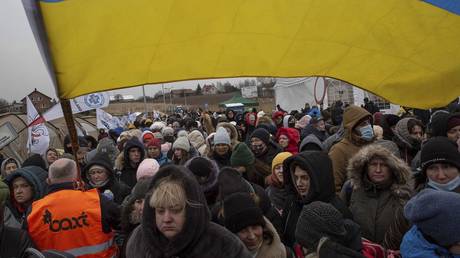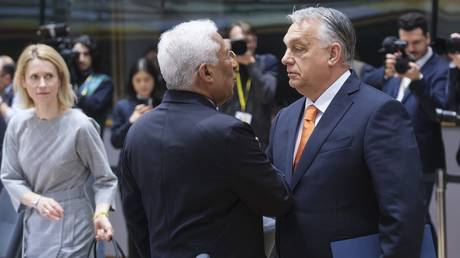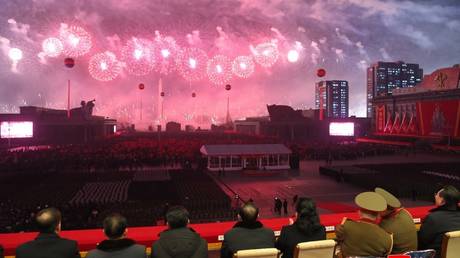
With inflation strangling the bloc’s economies, Brussels is concerned that the welcome shown to arrivals is wearing thin
The EU is experiencing “solidarity fatigue” towards Ukrainian refugees, the European Commission has warned in a report. According to the report, the outflow of money to refugees is causing resentment among low-income Europeans.
Despite the “unprecedented outpouring of solidarity” shown by EU citizens to Ukrainian refugees, “what we might call ‘solidarity fatigue’ is beginning to set in in some member states,” EU Home Affairs Commissioner Ylva Johansson told a press conference on Tuesday.
In the report itself, special EU adviser on Ukraine Lodewijk Asscher wrote that “the cost of living crisis has hit low- and medium-income families in host societies,” which are already struggling to integrate the roughly four million Ukrainian refugees in their care. Of this number, only 1.3 million are in any kind of employment, EU Jobs and Social Rights Commissioner Nicolas Schmit told EuroNews.
Those capable of work and seeking employment are often forced into competition with EU citizens, of whom more than 27 million are currently unemployed or underemployed. Likewise with accommodation – governments struggling to house their own people are now expected to house tens of thousands of new arrivals from Ukraine.
Ireland, for example, has been gripped by one of the most acute housing shortages in the world for much of the last decade, yet has taken in more than 76,000 Ukrainian refugees, according to EU data. By contrast, France has taken in just under 70,000 Ukrainians, despite having a population 13 times that of Ireland and far more dwellings available per capita.
Aascher claimed that resentment among low- and middle-income Europeans has “created a context in which Russian propaganda could be more successful.” Neither Aascher nor Johannson suggested slowing the intake of refugees to appease their fatigued citizens, however, with both seemingly more concerned about the prospect of the public starting to side with Russia.
“The discourse of migration and refugees can be weaponized to sow division within the EU,” Johansson told reporters on Tuesday.
Johansson has long been an advocate for increased migration into the EU. Speaking in Brussels in 2020, she declared that the EU is “an ageing society,” and that Middle Eastern and African immigrants “should be welcomed, and should be part of our society,” despite the “risk of pushbacks” from native Europeans.




